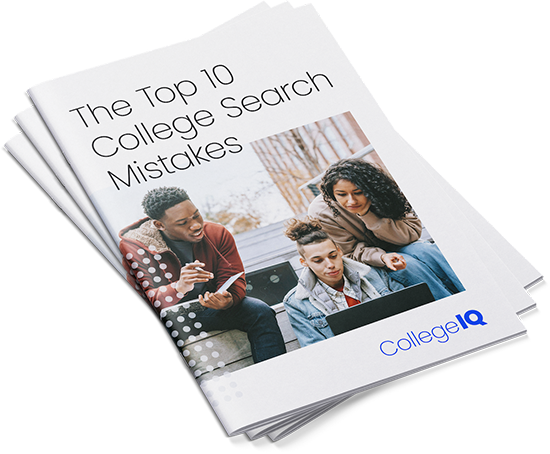University of North Dakota
Admissions
Interested in attending University of North Dakota?
On this page, you'll learn how difficult it is to get into University of North Dakota, we'll dig into high school grades and test scores, and you'll find out the factors the school considers when reviewing applications.
Admission Rates
Is it difficult to get into University of North Dakota?
Using the most up-to-date data on record, UND accepted 77% of applicants. We classify this as less selective.
In the most recent year, 8,256 people applied and 6,353 were accepted.
Accepted/Applied
Acceptance rates at colleges can change over time, with some becoming more competitive and others accepting more students. Here’s a look at the acceptance rate trend for the past 3 years at University of North Dakota:
Acceptance rates at schools can vary depending on if the student is in-state, out-of-state, or international.
Of those accepted, 34% ended up enrolling at University of North Dakota, making their yield rate High. The yield rate is the percentage of accepted students who enroll at the school. You can use the yield rate to find out how coveted a school is for the students who apply to it.
Application Factors
You can increase your chances of getting into University of North Dakota by looking at what the school considers during the application process.
Here are the things UND considers:
Very Important
- Academic GPA
Considered
- Recommendation(s)
- Rigor of Secondary School Record
Not Considered
- Alumni/AE Relation
- Application Essay
- Character/Personal Qualities
- Class Rank
- Extracurricular Activities
- First Generation
- Geographical Residence
- Interview
- Level of Applicant's Interest
- Recommendation(s)
- Religious Affiliation/Commitment
- Standardized Test Scores
- State Residency
- Talent/Ability
- Volunteer Work
- Work Experience
Grades & Testing
Do you have the grades and test scores to get into University of North Dakota?
Grades
Students who recently attended University of North Dakota as freshmen had an average unweighted high school GPA of 3.63. 21% of freshmen who attended UND were in the top 10% of their graduating high school class, and 47% were in the top 25% of their graduating high school class.
These are the high school grade point averages (unweighted) of students who enroll:
High School GPAs
UND is Test Blind. This means the school does consider test scores when making admission decisions, even if they are submitted.
SAT Math Scores
SAT Verb Scores
SAT Composite Scores
Application Deadlines
These are the deadlines for applying to University of North Dakota. Application deadlines are subject to change, so please verify all deadlines with the school.
Regular Admissions
These are the top 10 mistakes people make when searching for colleges
Get the free guide
